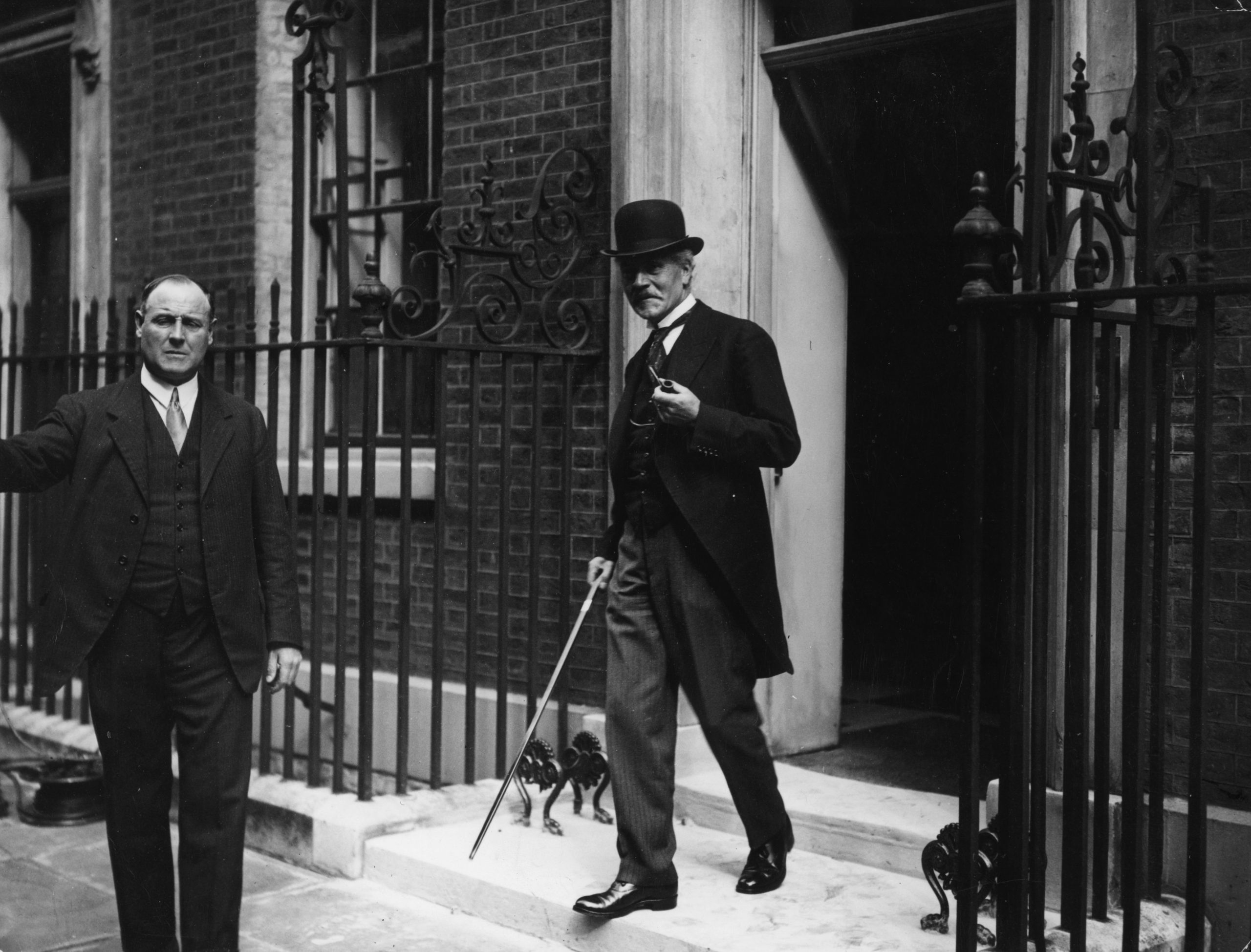
Is it wrong for a Labour MP to consider joining a coalition government during a national crisis? Tom Watson has certainly come under a sustained barrage of Corbynite criticism for daring to imagine he might. When asked if a government of national unity could be necessary to navigate Britain though the Brexit impasse he replied: “If needs must, we have to then do what’s right”.
A spokesman for Jeremy Corbyn slapped down such thinking, and described a national government as an “establishment stitch-up” designed “to deny a proper voice for the majority of voters in this country”. And on social media Corbyn fans have inevitably been visceral in their response. Watson, many argue, should prioritise the interests of the working class; collaborating with those Conservatives responsible for imposing austerity would be a betrayal of everything for which Corbyn’s Labour stands.
Watson’s critics might want to consider the record of Arthur Henderson, who as Labour leader was a member of the Asquith and Lloyd George governments during the First World War. They could also reflect on the motives of Clement Attlee and colleagues, who joined Churchill’s government in May 1940.
On both occasions, Labour representatives entered these coalitions with misgiving. Significant minorities in the party also opposed such cooperation. During the First World War a number of pacifists, including Ramsay MacDonald, held themselves aloof, whereas in the Second World War implacable left-wingers like Aneurin Bevan opted for the backbenches.
A world war might be thought a clear cut case for temporarily sublimating sectional class concerns to the wider national interest. But an economic crisis is politically a more ambiguous beast. In the summer of 1931, as the full consequences of the Wall Street Crash reached British shores, Ramsay MacDonald, prime minister of the minority Labour government, believed spending cuts were imperative to prevent a collapse in international financiers’ faith in the economy. This meant reducing unemployment benefit: that is, to further inflict hurt on those harmed by the international slump. MacDonald himself said this would be “the negation of everything the Labour Party stood for” – but still believed cuts were in the “national interest”.
Under trade union pressure many of MacDonald’s cabinet colleagues – who actually accepted the need for cuts – refused to endorse the policy. But instead of allowing his government to collapse – which he thought would bring on economic calamity – the Labour leader and a few other ministers formed a national government with the Conservative and Liberal parties. Imagining this arrangement would just be for the duration of the crisis MacDonald was, for his pains, expelled from the Labour Party, and ended up leading a Conservative dominated coalition until 1935.
Labour received an unexpected electoral benefit from its participation in the two wartime coalitions: in both cases, these periods of cooperation helped win over conservative elements in the working class and wider society who had hitherto believed the party was stuffed full of unpatriotic and impractical extremists. In contrast, when Labour walked away from the hard choices posed by trying to solve the 1931 economic crisis, and thereby confirming every criticism thrown at it in the reactionary media, the party went down to a terrible general election defeat later that year and was cast into the wilderness,
Labour’s experience of how best to respond to a national crisis is there for all to see. Brexit constitutes a very peculiar kind of crisis, and the inability of parliamentarians to agree a course of action presents a unique political challenge. But those in the Labour Party who prioritise the pursuit of a relentless class war irrespective of the circumstances might be advised to reflect on that past. Perhaps Tom Watson has the interests of the nation – and the party – closer to his heart than some Corbynites might imagine.





